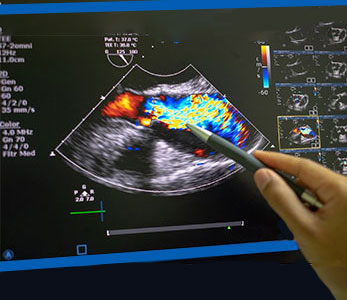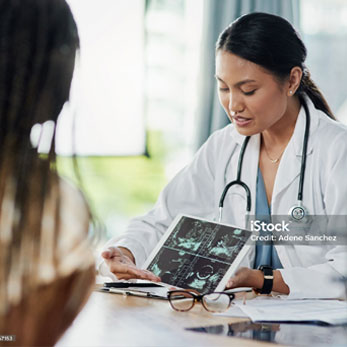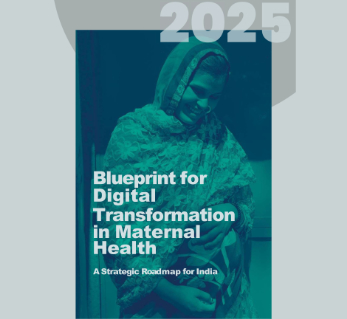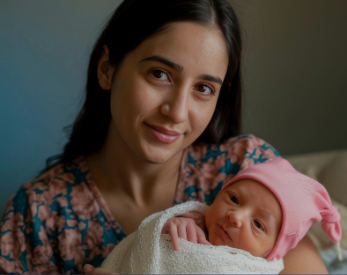With rapid advances in healthcare technology, digital tools are becoming increasingly essential in delivering high-quality maternal and neonatal care. From electronic medical records and digital prescribing to teleconsultation and remote monitoring, these innovations can streamline antenatal check-ups, improve care coordination between facilities, and support timely interventions throughout and after the pregnancy journey. As maternal and child health needs become more complex and distributed across public and private care systems, digital solutions can help ensure access, continuity, and consistency in care.
Recognizing the need for a focused approach, FOGSI, with support from Koita Foundation is developing a centre to accelerate digital adoption among members across India. This initiative aims to build a clear roadmap for integrating digital tools into routine clinical workflows, supporting members with training, capacity building, and practical guidance.

About FOGSI and Partnership
Federation of Obstetric and Gynaecological Societies of India (FOGSI) is one of the largest professional medical organizations in India, representing over 45,000 OB-GYN specialists through 280+ member societies nationwide. FOGSI plays a vital role in advancing women's health, capacity building, research, and advocacy in maternal and neonatal care.
Learn more at www.fogsi-kcdm.org
FOGSI and Koita Foundation are partnering to develop a comprehensive digital health strategy to support OB-GYN doctors, nursing homes, and hospitals in using digital health tools to strengthen maternal and neonatal care. This collaboration aims to provide a practical digital roadmap to enable better care delivery, capacity building, and long-term transformation.

Key Focus Area
- Quality: Leverage digital technology to improve treatment workflows and patient experience e.g., clinical quality measures, guideline adherence, patient engagement, AI/ML
- Affordability: Identify areas for cost reduction using digital health technology, data sharing, etc., to make care more affordable e.g., cost of care benchmarking
- Access: Leverage digital technology to improve access to high-quality care esp. in non-urban / rural areas e.g., telemedicine
- Productivity: Leverage digital tools & automation to improve the clinical & administrative workflows, reducing manual and redundant activities
- Best Practices: Identify and share best practices in digital technology across the world
- Training / Capacity Building: Develop selective program to groom OB-GYNs into digital health leaders through mentorship, projects, and exposure.
- Research & Development: Partner with Healthcare Startups, pharma/ healthcare companies, and other organizations to drive R&D, and to help monetize research in FOGSI

FOGSI Digital Health Readiness Survey: Blueprint for Digital Transformation in Maternal Health
FOGSI Digital Health Readiness Survey
The FOGSI Digital Health Readiness Survey was conducted to identify gaps in the adoption of digital tools in maternal and child health care in India. Designed in collaboration with Jhpiego, the survey gathered inputs from OB-GYNs across the country to understand current digital usage, key challenges, and priority support needs.
The findings revealed strong intent among clinicians to adopt digital health solutions, but low and uneven implementation in routine practice. While some OB-GYNs use digital tools, adoption is often fragmented due to poor workflow fit, lack of specialty-specific solutions, cost constraints, and limited staff capacity. Respondents expressed a clear need for trusted guidance, standards, and practical implementation support.
The survey outcomes now form the evidence base for the FOGSI–Koita Centre for Digital Maternal and Child Care, established by Federation of Obstetric and Gynaecological Societies of India and Koita Foundation, to support OB-GYNs in adopting digital health tools that improve quality, access, and outcomes for mothers and newborns.
To learn more about these findings:
Click here

Blueprint for Digital Transformation in Maternal Health
We undertook global benchmarking to understand how other health systems have successfully moved from digital pilots to system-wide adoption. The objective was not to import models as is, but to identify principles that could be adapted to India's maternal health context.
Across countries with higher digital maturity, adoption was accelerated by a few common levers: trusted clinical bodies endorsing tools, peer-led support networks, digital skills embedded into professional education, and structured last-mile
To Read the Blueprint:
Benchmarking Report
